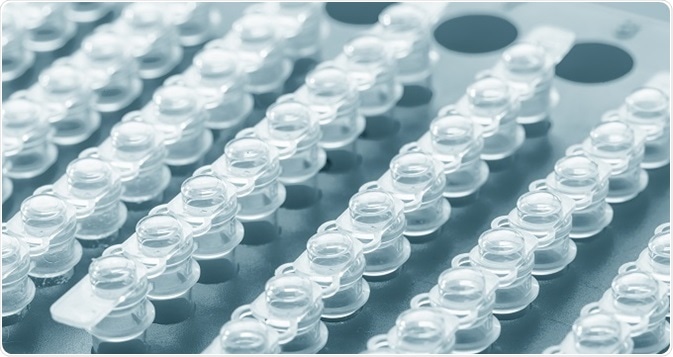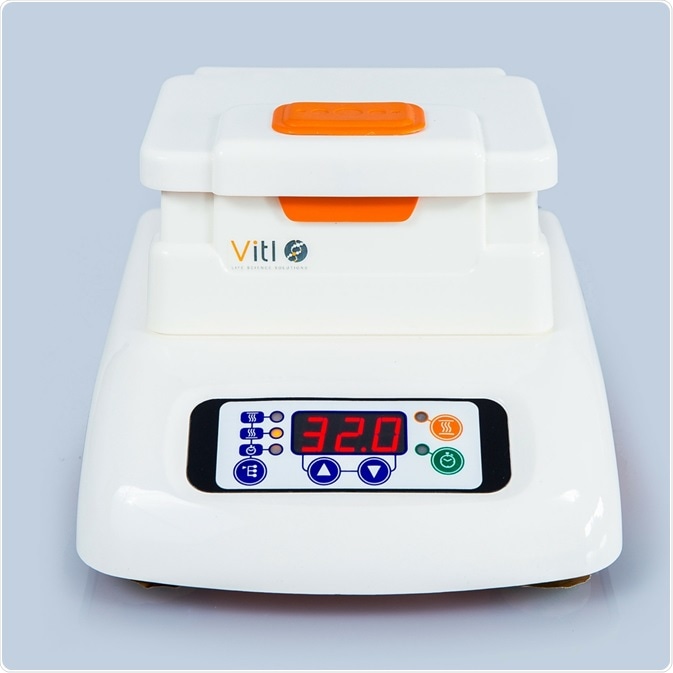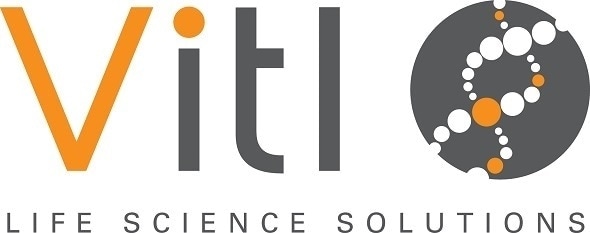Who said you can’t teach and old dog new tricks? Latest advancements say otherwise
One of the most widely used techniques in molecular biology is polymerase chain reaction (PCR), a method used to amplify small sections of DNA or RNA in a sample by adding primers, nucleotides, DNA polymerase and other reagents. In this way, millions of copies of the target segments can be generated from a small amount of sample in a matter of hours and in amounts large enough for scientists to analyze in various applications, ranging from basic research to high-throughput screening.
The sensitivity of PCR in being able to amplify just one or a few copies of target DNA is due to the repeated polymerase reaction cycles, each of which generates double the DNA sequence of interest. The specificity of the technique is down to the DNA oligonucleotide primers that enable DNA polymerase to initiate duplication of sequences. Furthermore, the annealing of primers to the DNA target is highly stringent, thereby minimizing any possibility of a misfit.

Credit: science photo/Shutterstock.com
Advances in PCR for diagnostics
One area where PCR has attracted significant attention is in the diagnosis of infectious disease, particularly for conditions where conventional culture methods are less effective. One example of a condition is invasive Aspergillosis (IA), one of the most widespread and life-threatening mold infections of the respiratory system among individuals with compromised immunity. Early diagnosis is crucial for such individuals, who will not survive if the infection cannot be identified at an early stage and quickly treated.
Currently, diagnosis of IA depends on detection of Aspergillus fungi in diseased tissue, but obtaining lung tissue is difficult and risky to the patient. As a non-invasive method that could be used to detect fungal nucleic acids in the blood, PCR could significantly improve IA diagnosis and patient survival.
In one study, infectious disease experts Mario Cruciani (Center of Community Medicine and Infectious Diseases Service, Verona, Italy) and colleagues assessed the use of PCR-based blood tests in diagnosing IA among high-risk, immunocompromised patients.
As reported in the Cochrane Database of Systematic Reviews, the meta-analysis of 18 primary studies demonstrated that PCR showed moderate diagnostic accuracy, with a mean sensitivity and specificity of 80.5% and 78.5% for a single positive result and 58.0% and 96.2% for consecutive positive results. Importantly, the negative predictive value (NPV) of PCR techniques was high enough for IA to be excluded from diagnosis, thereby avoiding the need for empiric therapy in cases of suspected infection.
Using PCR to elucidate transcription and translation
Another area where PCR is an essential tool is the field of genetics. In a study by researchers from the Netherlands, the value of PCR was demonstrated in an analysis of gene expression that tested the conventional understanding of the relationship between transcription and translation.
Boris Slobodin (Netherlands Cancer Institute) and team investigated whether there is any link between the two processes since they are generally considered as uncoupled, despite their serving a common purpose.
By using an unbiased screen of various human promoters, the team managed to identify a general coupling between mRNA expression and translational efficiency. They cloned human promoters in a Promoter Library after the addition of random barcodes, which were detected by real-time reverse transcription-PCR (qRT-PCR) using specific primers. The barcodes were then PCR amplified to construct libraries that could be deep sequenced. As reported in Cell, the study showed a general and robust link between the transcription and translation of RNA, as well as providing insight into the underlying epigenetic mechanism by which transcription imprints molecules of mRNA.
Highly accurate temperature control
The extreme sensitivity and high specificity of PCR is the result of the exponential nature of the polymerase chain reaction. This requires highly accurate temperature control, not only for the reaction itself but during preparation of the reagents used in a PCR assay.
During assay preparation, any well-to-well temperature differences in PCR plates can introduce variability in the samples and affect the accuracy of measurements. Vitl Life Science Solutions, a leading supplier of laboratory mixers and heaters, produces products to ensure variability is removed and accuracy is maximized during laboratory procedures such as PCR sample preparation.

One of the latest additions to Vitl’s portfolio is the Flexi-Therm dry block heater, an instrument designed to ensure excellent temperature accuracy (+/- 0.1C) whether samples are being thawed, preheated or maintained after having already been mixed. The Flexi-Therm enables users to create and store heating protocols of their choice. With its straightforward digital touch control interface, excellent temperature accuracy, visual countdown timer and audible alert, users can simply load their modules on the Flexi-Therm, select a temperature and wait to be told when the heating program is finished.
The Flexi-Therm requires at least one of Vitl’s interchangeable heated modules. The modules are all pre-calibrated, enabling accurate temperature control, without the need for thermometers or thermocouples. Each module is specifically designed for optimum sample heating within a particular plate or tube type, for excellent results every time.
The modules are ideal for use in PCR preparation and are available for a range of consumable types including 0.15ml, 0.2ml and 0.25ml 96 deep-well PCR microplates and microcentrifuge tubes, as well as larger tubes. To accommodate the various different consumables available on the market, Vitl can also design bespoke heated modules that fit the specific requirements a particular laboratory may have.
References
About Vitl Life Science Solutions
Vitl designs, manufactures and sells high quality laboratory instruments to compete with market leaders at an affordable price with unrivalled functionality, usability and style.
The growing Vitl laboratory products range includes the world’s best-selling microplate heat sealer- the VTS and its compact counterpart the MicroTS. Vitl also sell a range of foil and film heat seals as well as microtube pickers and programmable mixers and vortexers.
Vitl products was established in 2006 by the medical, diagnostic and analytical device design and manufacturing company Integrated Technologies Ltd.
As a member of the ITL group, Vitl benefits from the experience and expertise of a parent company that works with globally successful medical devices and laboratory instrumentation.
Vitl products are sold through a global network of distributors and OEM (private label) partners, managed by their main sales offices in the UK, USA and China.
Sponsored Content Policy: News-Medical.net publishes articles and related content that may be derived from sources where we have existing commercial relationships, provided such content adds value to the core editorial ethos of News-Medical.Net which is to educate and inform site visitors interested in medical research, science, medical devices and treatments.